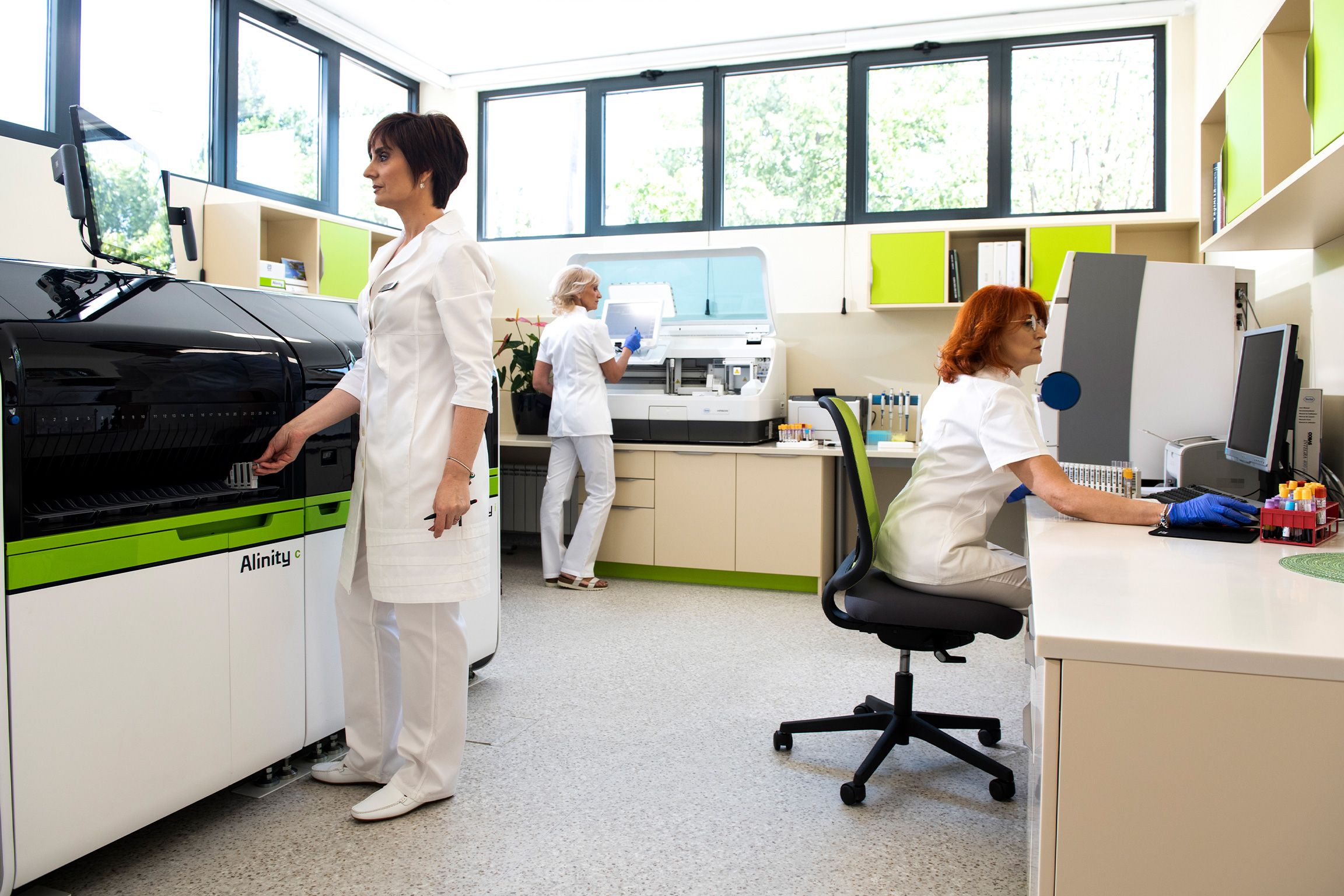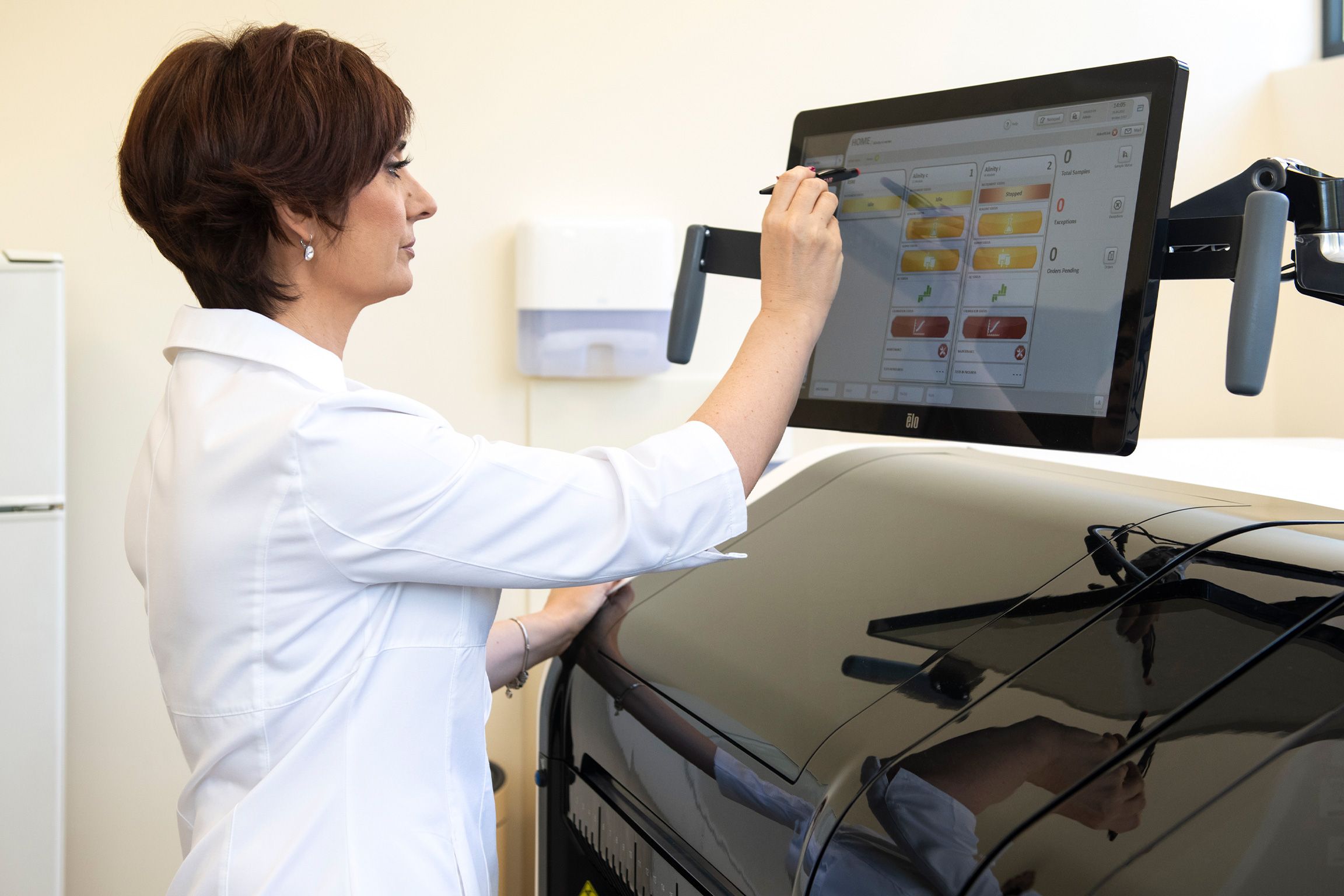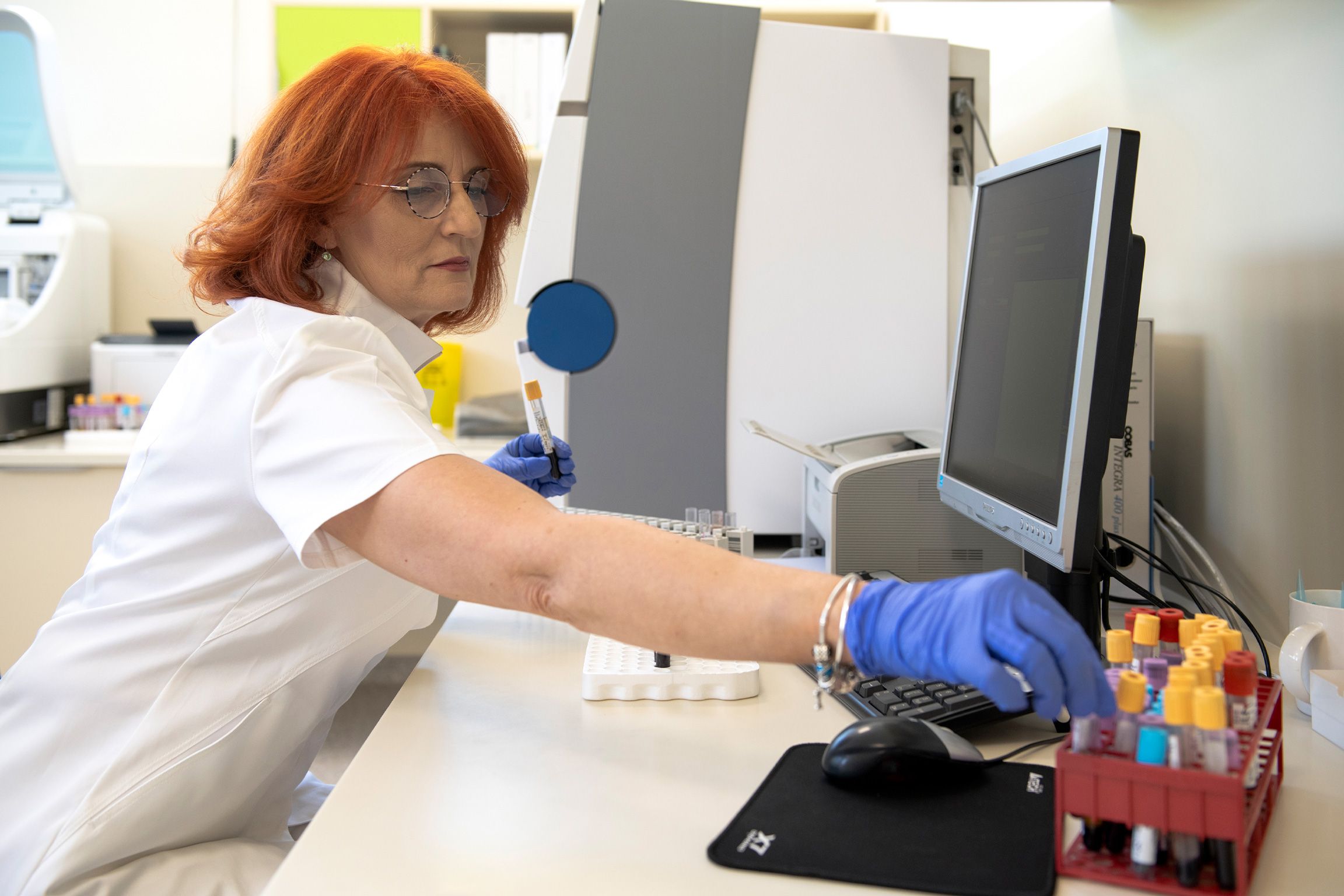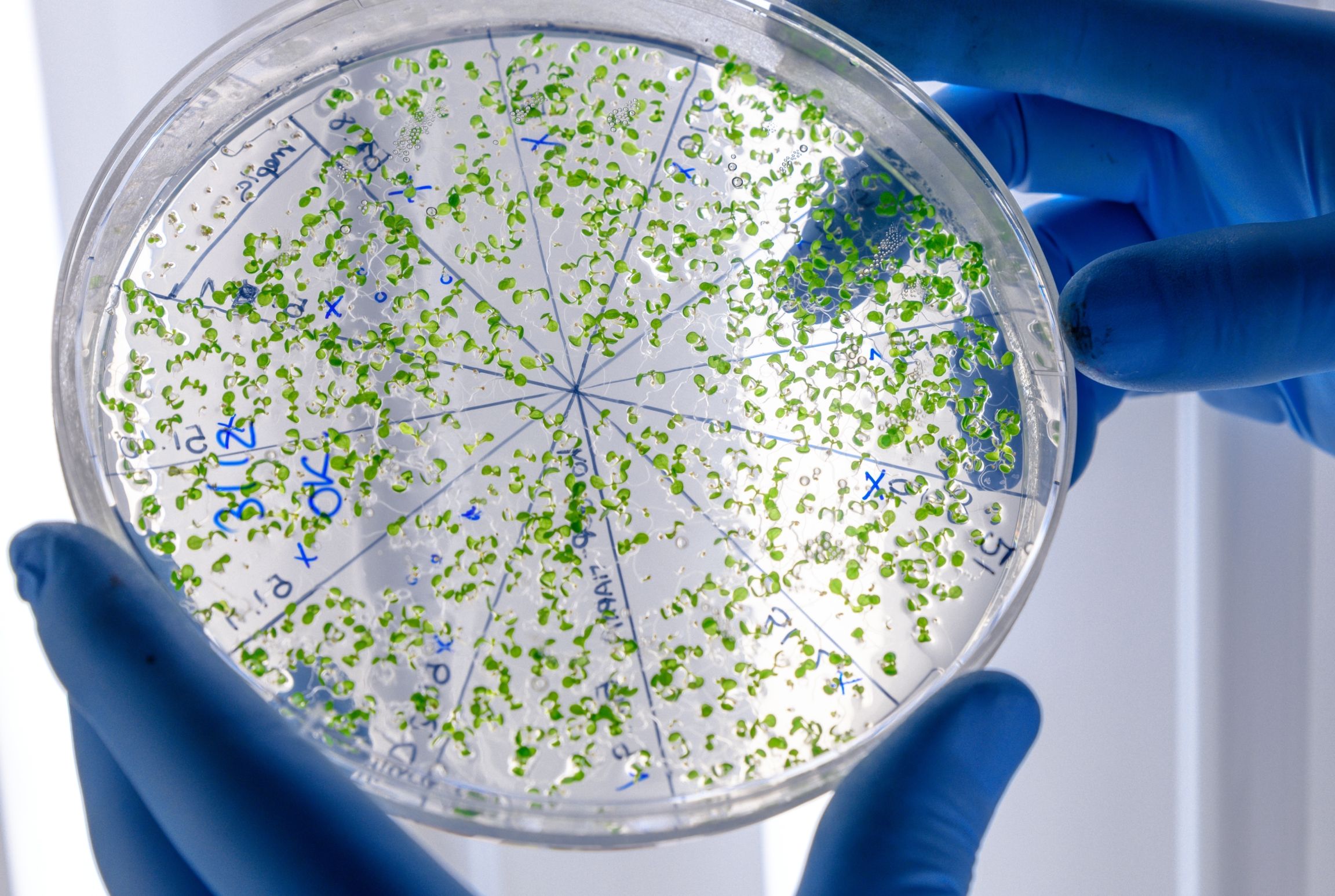Microbiological laboratory
Milmedika’s microbiology laboratory specializes in clinical microbiological diagnostics, including bacteriological, parasitological, mycological, and virological analyses.
All tests are performed using standard microbiological techniques with modern equipment, following the World Health Organization (WHO) and European Committee on Antimicrobial Susceptibility Testing (EUCAST) guidelines.

Types of analyses
- Bacteriological analyses
- Mycological analyses
- Parasitological analyses
- Serological analyses
- Microbiological controls
- COVID-19 testing
- Rapid tests
Bacteriological analyses
Bacteriological tests identify and isolate pathogenic aerobic and anaerobic bacteria from various samples. We also test antibiotic sensitivity, which is essential for choosing the right treatment.
Samples analyzed:
- Urine, stool, blood, wound swabs, genital tract swabs
- Genital tract swabs (Mycoplasma/Ureaplasma, Chlamydia, β-hemolytic Streptococcus group B...)
- Stool samples (Salmonella, Shigella, Yersinia, Campylobacter...)

Mycological analyses
Mycological tests identify fungal infections affecting the skin, mucous membranes, and internal organs.
- Yeast and mold isolation from skin swabs, mucous membranes, genital tract, stool, and sputum
- Candida species – part of normal flora but can cause infections (results in 24–48h)
- Dermatophytes – fungi causing skin, nail, and hair infections (incubation up to 14 days)
Parasitological analyses
Parasitological tests detect and identify parasites in different samples, ensuring accurate diagnosis and timely treatment.
- Intestinal parasites (Nematodes, Cestodes, Trematodes) and protozoa cysts (Entamoeba, Giardia...) in stool samples.
- Enterobius vermicularis detection (perianal sample).
- Demodex mite detection (skin sample).
- Trichomonas vaginalis detection (vaginal swab, urethral swab, urine).
Serological analyses
Serological tests detect antibodies in the blood, helping determine the stage of bacterial, viral, or parasitic infections (acute or chronic) by measuring specific immunoglobulins (IgM, IgG, IgA).
- Bacteriological serology (Helicobacter pylori, Borrelia burgdorferi – Lyme disease, Treponema pallidum)
- Virological serology (Rotavirus, Adenovirus, Rubella, Varicella, Hepatitis A-E, CMV, HIV...)
- Parasitological serology (Toxoplasma gondii, Giardia, Entamoeba, Cryptosporidium...)
Microbiological controls
Microbiological controls include testing surfaces, air, and environments to maintain hygiene standards and reduce infection risks. These analyses are especially important for healthcare facilities, the food industry, and other sectors requiring high hygiene levels.

Rapid tests
Rapid tests provide quick and effective pathogen detection, allowing for fast diagnosis and appropriate treatment.
- Beta-hemolytic Streptococcus group A
- Rotavirus and adenovirus
- Enterovirus and adenorespiratory virus
- Helicobacter pylori
- Clostridium difficile toxin A+B
Milmedika’s microbiology laboratory ensures fast and accurate results, helping patients receive timely and effective treatment.



